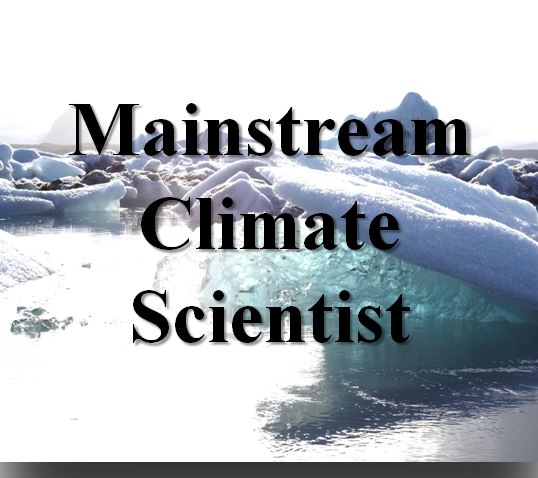First role play as Mainstream Climate Scientist in response to “How certain are we that global average near-surface air temperature has increased since 1850?”
It is finally the time for the first role play on seminar of uncertainty 2 degree. After one week of preparation, the time has finally come to convince other parties i.e. the green politicians, climate sceptics, and journalist, as well as the lecturers how certain we are that the global average near surface temperature has increased since 1850. We took the role as the representation of mainstream climate scientist, had to convey the conclusion we drew from our literature research to answer this question.
What came up in my mind is that it should be very difficult to take the role as climate sceptics as there are already many plausible studies showing and explicitly stating that the temperature has been increasing since 1850. However, it is quite interesting that they always found arguments to contradict this scientific fact. They argued that they found some exposure problems, missing data and poor siting e.g. stations located near air conditioning and hot rooftops which can yield uncertainty. Nevertheless, studies on quantifying the uncertainty in global and regional temperature change using an ensemble of observational estimates has already been conducted by Morice et al. (2012). They quantified the uncertainty arose from this problem e.g. station homogenization adjustment error, station climatological normal uncertainty, urbanization bias, measurement and sampling error as well as exposure bias and applied some method to reduce the uncertainty.
An interesting statement came up from the journalist suspecting that the scientific result could also be intervened by the funding. To respond to this statement, one article of Rohde et al. (2013) funded by Koch Charitable Foundation is one good example. The research intended to address potential biases in surface temperature records, but it turned out that they reduced the uncertainty.
I was quite happy with the green politicians that they stood on the same side with us and showed some evidence of the adverse impact of the global warming. As they have already experienced the increasing of temperature, they realize that they need to start taking action.
We couldn’t really draw conclusion from the first roleplay as we ran out of time, but I enjoyed the atmosphere of the discussion, conducive and interesting.


I think that you very well presented typical “mainstream climate scientists”. Like them, you based your argumentation on the large body of published studies (as summarized in the IPCC reports) that showed a statistically significant warming since 1850. However, I suggest that you – like real mainstream climate scientists – should not take the arguments of some of the climate science skeptics too lightly. In my view, there are still valid skeptical questions about the uncertainty of the historical global temperature trend out there, which need to be answered by the climate science community on the basis of scientific method and reasoning. And there are indeed good studies focusing on such valid scientific questions like Muller et al. (2013) and Wickham et al. (2013). On the other hand, I think that mainstream climate scientists should be careful using arguments from authority like: “This is an indubitable fact because the IPCC has come to an agreement about this.” There are many people among the skeptics – in the US apparently more than in Germany – who are very suspicious about too much government power and governmental regulation; thus, it is is probably difficult to convince such people by referring to the statements of an “inter-governmental panel”.